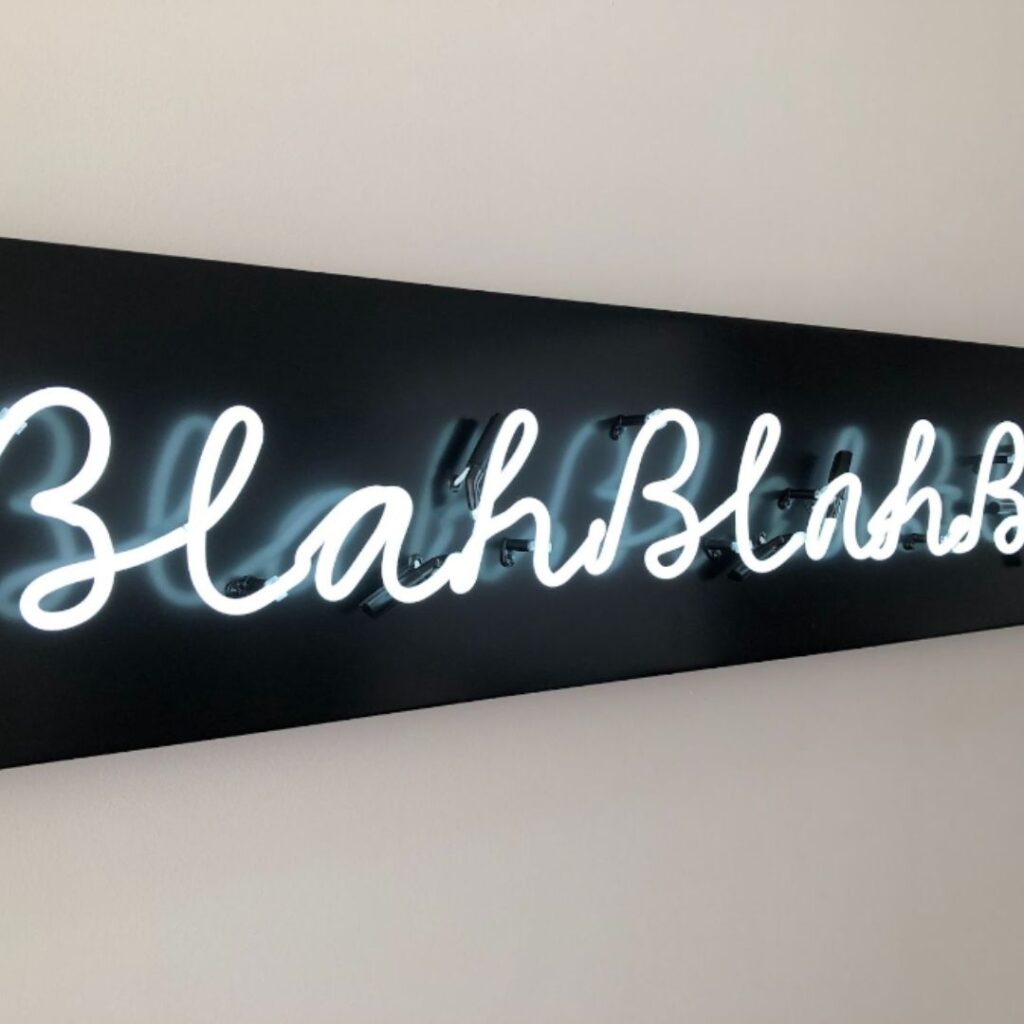Dive into the Irresistible Charm of Australia’s Most Popular Slangs
Australian slang has become synonymous with the vibrant and unique cultural identity of the land Down Under.

G'day Mate:
Let’s start with the quintessential Australian greeting, “G’day mate.” This warm and informal expression is a shortened form of “Good day, mate” and is used as a casual way to say hello to friends, acquaintances, or even strangers. The term “mate” carries a sense of camaraderie and friendship, reflecting the Aussies’ laid-back and welcoming nature.
Fair Dinkum:
If you hear someone say, “Are you fair dinkum?” they’re questioning your honesty or sincerity. This popular Aussie phrase has roots in the gold mining days and is often used to determine if someone is genuine or telling the truth. It has become an enduring slang term, encapsulating the Australian spirit of authenticity and integrity.
No Worries:
“No worries” is a versatile phrase that epitomizes the Australian attitude towards life. Whether you’re thanking someone, apologizing, or simply acknowledging a minor inconvenience, this expression is the go-to response. It reflects the relaxed and easy-going nature of Australians, emphasizing the importance of keeping things in perspective and maintaining a positive outlook.
Barbie:
When an Australian invites you to a “barbie,” they’re not referring to a doll, but rather a barbecue. Aussies love firing up their grills, cooking a variety of meats, and enjoying a laid-back outdoor gathering with friends and family. The term “barbie” is deeply ingrained in Australian culture and evokes images of sunny afternoons, sizzling sausages, and good company.
Arvo:
“Arvo” is the abbreviated form of “afternoon” and is widely used across Australia. It’s not uncommon to hear Aussies say, “See you this arvo” or “I’ll be there in the arvo,” indicating a meeting or event that will take place later in the day. This slang term reflects the Australian penchant for shortening words and is an integral part of the country’s linguistic heritage.
Brekkie:
Australians love their breakfast, and “brekkie” is the affectionate term they use for this morning meal. Whether it’s a simple toast and coffee or a hearty plate of bacon and eggs, “brekkie” is a popular slang term that conveys the laid-back and casual approach Australians have towards the most important meal of the day.
Thongs:
In Australia, “thongs” don’t refer to underwear but rather flip-flops or sandals. These comfortable and easy-to-wear shoes are a staple in the Australian wardrobe, especially during the hot summer months. So, if an Aussie tells you they’re wearing thongs, rest assured they’re referring to footwear, not undergarments!
Ripper:
“Ripper” is an Aussie slang term that expresses excitement, joy, or admiration. If something is “ripper,” it means it’s excellent, fantastic, or outstanding. For example, if you catch a big wave while surfing, your Australian friends might exclaim, “That’s a ripper of a wave, mate!”
Sheila:
Used to refer to a woman, “sheila” is an old Australian slang term that has survived through the years. While it’s not as commonly used nowadays, you may still come across it in certain contexts. It’s important to note that the term “sheila” can be considered somewhat outdated and might not be appreciated by everyone.
Conclusion:
Australian slang is a testament to the country’s vibrant culture and its people’s warm and friendly nature. From the iconic “G’day mate” to the ever-reliable “no worries,” these popular slangs reflect the laid-back, optimistic, and easy-going spirit of Australia. By embracing these unique expressions, visitors and language enthusiasts can truly immerse themselves in the Aussie way of life.
None: This article is written for entertainment and informational purposes only. The usage of slang may vary among individuals and regions in Australia.



